SDR Career Planning: 3 Proven Ways to Have an Amazing Inside Sales Career
The inside sales organization and the Sales Development Rep (SDR) in particular are increasingly becoming lynchpins in many sales organizations. Relying solely on “feet on the street,” or any other single sales channel does not represent a viable economic business model for most organizations. Furthermore, it is not the most effective way to create a seamless customer experience across the organization. As a valuable player in a larger sales team, the SDR role is interesting. It can also be challenging and exciting. People gravitate to it due to the fact they have both a strategic and an operational role in the organization. Additionally, they get a satisfying dose of battling with competitors in the trenches. They must grow their account base as well as manage it on a daily basis.
However, the challenge for the SDR to get ahead in their career is non-trivial. The number of advancement opportunities are limited, and the competition among colleagues is intense. The SDR must get noticed as someone who is different from the ‘SDR herd.’ They must prove they are worthy of career advancement opportunities. And, to make this happen, they must be disciplined in their approach to planning out their career moves.
Here are three ways you, the SDR, can simplify your career planning efforts and get on the advancement track quickly:
1. Develop a 24-month career game plan
Identify the specific position you want to have, the organization(s) you would like to target and the influencers in each organization that you need to develop a relationship with. Say, “in 24 months I intend to be Director of Sales with ABC Company.” This will provide the focus you need to get you going. It’s not good enough to declare, “I want a higher level sales position.” It doesn’t give you the focus you need to create an effective action plan to get you to where you want to go.
You will soon know if it the right objective. Then, you can modify as you learn on the go. Once you have your target(s) in your crosshairs, define the skills and competencies you need. Additionally, have an action plan to fill any voids, and strengthen what you do well. Be aggressive. Actively pursue what you need to do to be of value to your target organization. Don’t wait for others to hand it to you.
Consider both internal sources as well as external organizations that have a proven track record in building competencies in people. Additionally, if you lack a considerable number of skills for your target position, you may wish to reconsider your target(s). Your 24-month plan may be too ambitious.
2. Create a personal value proposition
Your personal ONLY statement is your competitive value proposition that sets you apart from others. Stop talking about your credentials, and start talking about what you do that no one else does. Start by thinking positively and confidently. “I am the ONLY one in my SDR team that has the combination of both selling and customer serving experience, coupled with demonstrated leadership skills required to build the sales director into an indispensable and undeniably critical role.” This thinking will earn you the right to have a conversation about why you should be a lead candidate for advancement.
Here are a few questions to ask yourself as you build your personal ONLY statement:
- What are the critical issues facing the organization?
- Are there unique strengths that I have demonstrated in solving business problems? What were the results?
- What is my current brand? Does it align with “being different”? If not, what must I do to change it?
3. Discover as many mentors as you can
Find mentors who can help you achieve your game plan goals. You can’t do it alone. You need a platform for advice that is relevant to your 24-month plan. And, read voraciously to discover friends who can help you with the content they create. If you covet another sales position, read and engage with professional sales practitioners with high currency and add them to your resume. Observe them. Study them intimately. Explore the different ways they practice their profession.
Stand-out salespeople focus obsessively on lifelong learning, building skills critical to their organization’s success, and executing their career plan flawlessly. A brilliant career doesn’t happen through serendipity. Rather, it’s the result of hard work and a tenacious outlook.
I guarantee these 3 actions work.
Give them a try.



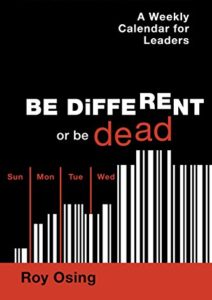
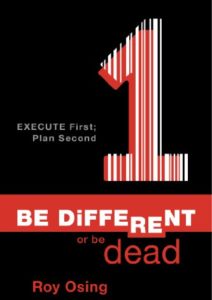
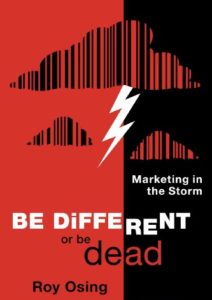
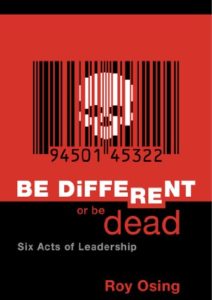
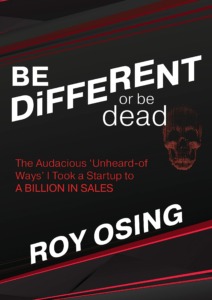
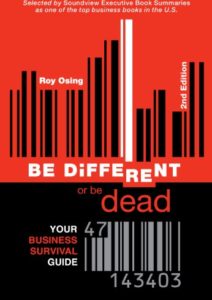
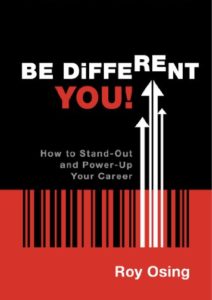








Comments